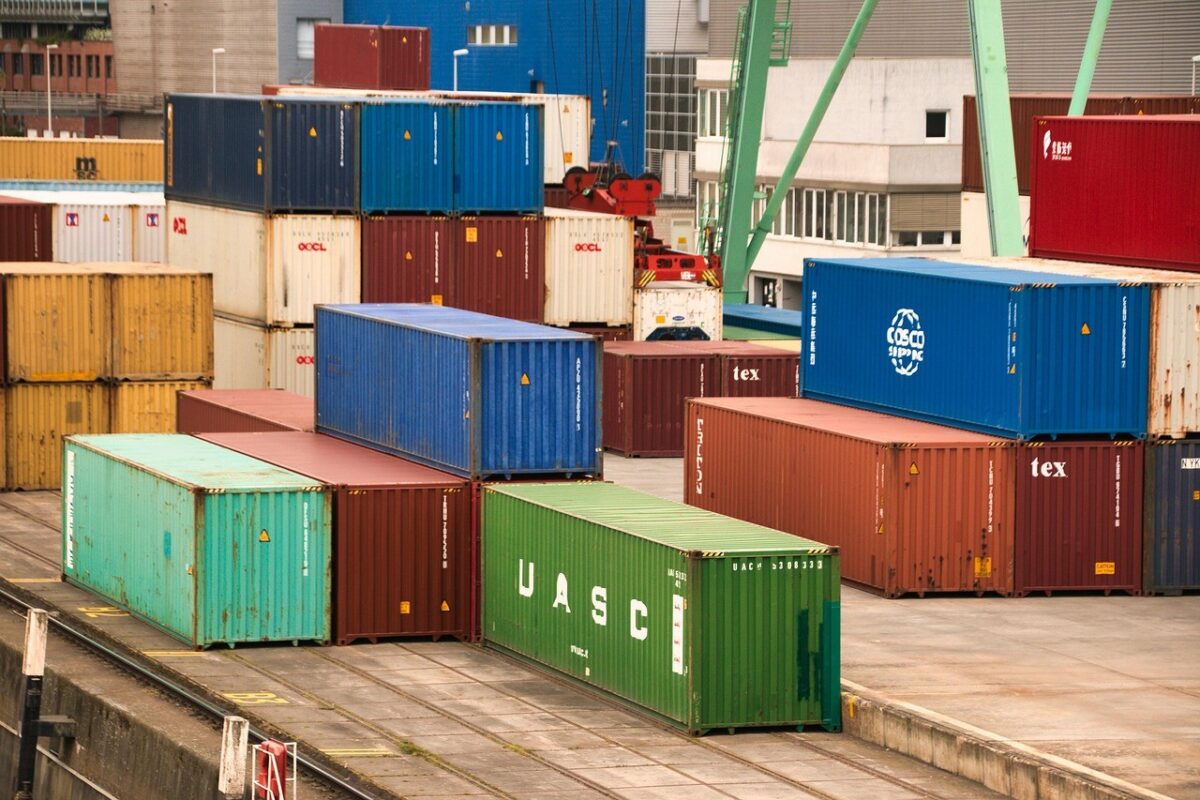Exporting goods internationally can be a complex process, especially for businesses new to cross-border trade. One of the key factors in ensuring smooth and timely shipping is having the right documentation ready before your products leave the country. Missing or incorrect paperwork can lead to delays, additional costs, or even legal issues. To help exporters streamline the process, we’ve put together a checklist of five essential documents every business should prepare for hassle-free shipping. These documents not only facilitate customs clearance but also protect both the buyer and the seller throughout the shipping process.

Commercial Invoice, Packing List, Bill of Lading
The Commercial Invoice is the primary document that accompanies goods during international shipping. It serves as a legal record of the transaction between the exporter and the importer. A properly completed commercial invoice includes detailed information such as the description of goods, quantity, unit price, total value, Incoterms, and the buyer and seller details. Customs authorities use this document to assess duties and taxes, making accuracy crucial. Additionally, the commercial invoice can help resolve disputes or claims, as it provides proof of the agreed-upon transaction terms. Without it, shipments may be delayed or even rejected at the border, so ensuring every field is correctly filled out is essential for smooth operations.
While the commercial invoice provides the financial details of a shipment, the Packing List focuses on the physical contents of the shipment. It itemizes the goods, including weights, dimensions, packaging types, and the number of units per package. A clear packing list helps customs officials verify the shipment, prevents misunderstandings, and ensures that the logistics team can handle the goods correctly during transit. For large or multi-item shipments, a detailed packing list can also facilitate inventory management and reduce the risk of loss or damage. In addition, providing the packing list along with the invoice can speed up customs clearance, as officials have both the commercial and logistical information at hand.
The Bill of Lading (B/L) is a critical document that serves as a contract between the shipper and the carrier. It confirms that the carrier has received the goods and outlines the terms under which the shipment will be transported. The B/L also acts as a receipt of goods and can be used as a document of title, meaning it proves ownership and can be used for financial transactions, such as securing payment through a letter of credit. There are different types of Bills of Lading—such as straight, negotiable, or sea waybills—so it is important to select the one that fits your transaction. Accurate and complete information on the B/L ensures that the goods reach the correct destination and minimizes the risk of disputes between the exporter, carrier, and importer.

Certificate of Origin and export license
The Certificate of Origin (COO) is a document that certifies the country where the goods were produced or manufactured. Many countries require this certificate to determine applicable tariffs, trade preferences, and import restrictions. A COO is usually issued by a chamber of commerce or other authorized institution. Having this document properly completed and authenticated can facilitate customs clearance, reduce duties in countries with free trade agreements, and enhance credibility with buyers. It also protects exporters against claims related to misrepresentation of the origin of goods, making it an essential piece of export documentation.
Certain products may require an Export License before they can leave the country. This is especially true for restricted items such as chemicals, pharmaceuticals, electronics, or defense-related goods. An export license ensures that your shipment complies with national laws and international regulations. Applying for a license typically involves providing product details, end-user information, and intended destination. Failure to secure the required license can result in fines, confiscation of goods, or legal action. Ensuring that you have the proper export license in place not only guarantees smooth customs processing but also safeguards your business from potential legal and financial risks. Having these five essential documents ready—Commercial Invoice, Packing List, Bill of Lading, Certificate of Origin, and Export License—can significantly reduce complications in international shipping. Proper documentation ensures that goods move efficiently across borders, minimizes the risk of delays or fines, and builds trust with buyers and customs authorities alike. By following this checklist, exporters can focus on growing their international business while leaving bureaucratic headaches behind.

